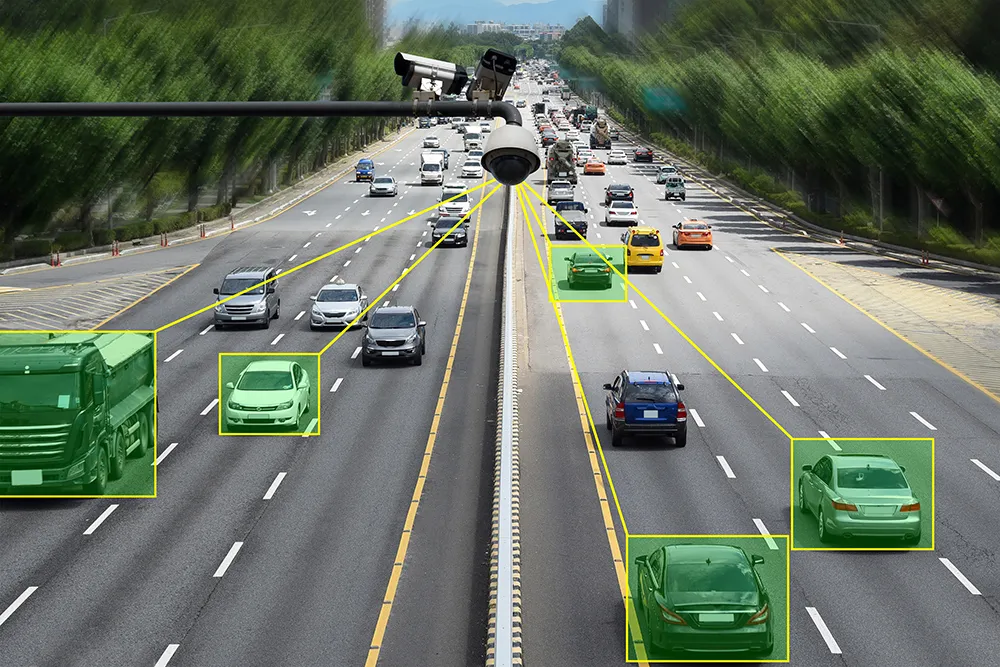Axeon has announced it is one of six British companies to receive funding from the UK's Technology Strategy Board for feasibility studies into the recycling and re-use of batteries for hybrid and electric vehicles. As well as researching the recycling process, the project will look at how to determine end-of-life, which is still a major issue with automotive batteries for both manufacturers and consumers.
April 18, 2012
Read time: 2 mins
RSSAxeon has announced it is one of six British companies to receive funding from the UK's 2231 Technology Strategy Board for feasibility studies into the recycling and re-use of batteries for hybrid and electric vehicles. As well as researching the recycling process, the project will look at how to determine end-of-life, which is still a major issue with automotive batteries for both manufacturers and consumers.
The Axeon-led project, which looks into the economic viability of automotive battery recycling in the UK, involves Oxford Brookes University as a partner. It will define the context in which battery recycling must take place, including the legal issues, as well as develop the recycling process and work out the business model for recycling end-of-life batteries.
As Axeon CEO, Lawrence Berns points out, “The issue of end-of-life for batteries in hybrid and electric vehicles is incredibly important to OEMs and car buyers alike, particularly in respect of the economic and environmental considerations. Our project will help to define industry standards and best practice for battery recycling, which will be key to the mass commercialisation of battery-powered vehicles.”
The Axeon-led project, which looks into the economic viability of automotive battery recycling in the UK, involves Oxford Brookes University as a partner. It will define the context in which battery recycling must take place, including the legal issues, as well as develop the recycling process and work out the business model for recycling end-of-life batteries.
As Axeon CEO, Lawrence Berns points out, “The issue of end-of-life for batteries in hybrid and electric vehicles is incredibly important to OEMs and car buyers alike, particularly in respect of the economic and environmental considerations. Our project will help to define industry standards and best practice for battery recycling, which will be key to the mass commercialisation of battery-powered vehicles.”










